What is a mature garden? (Bay Area)
G B
9 years ago
Related Stories
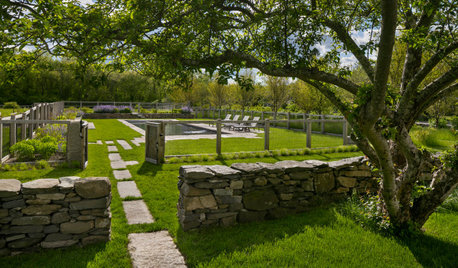
GARDENING GUIDESHow to Keep Your Trees Healthy
Ensure your trees’ vigor for years to come with these tips for protecting roots, watering effectively and more
Full Story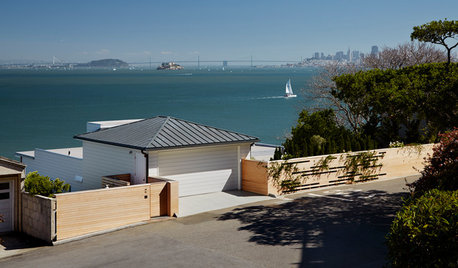
INSPIRING GARDENSAn Award-Winning Landscape Embraces Bay Views
Once overgrown and lackluster, these California garden areas now thoughtfully enhance the incredible view
Full Story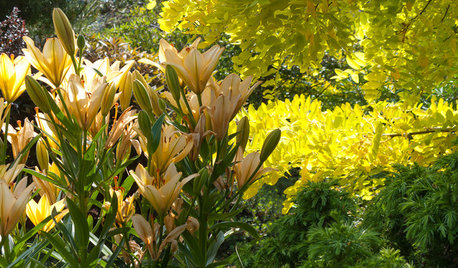
GARDENING GUIDESGreat Garden Combo: 3 Wonderful Plants for a Deer-Resistant Screen
Protect your privacy and keep deer at bay with a planting trio that turns a problem garden area into a highlight
Full Story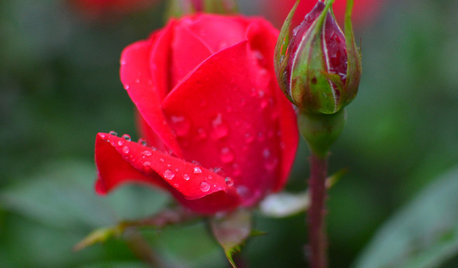
GARDENING GUIDESGreat Design Plant: Knock Out Roses
As glorious as their high-maintenance kin for a fraction of the work, Knock Out roses make even beginners look like garden stars
Full Story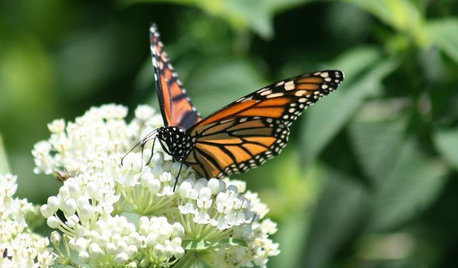
GARDENING GUIDESGreat Design Plant: Milkweed
Quit cringing. This not-weed plant is a sight to behold in the garden, has a delicious vanilla scent and is a magnet for butterflies
Full Story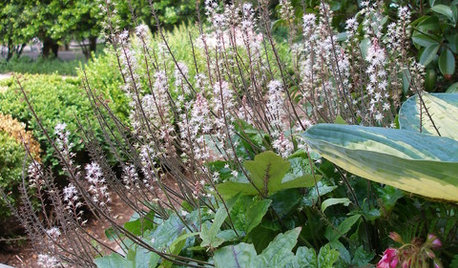
GARDENING GUIDESGreat Design Plant: Foamflower Cushions Shady Garden Areas
Try evergreen ground cover Tiarella cordifolia for a soft look all year — one the rabbits and deer won’t mess with
Full Story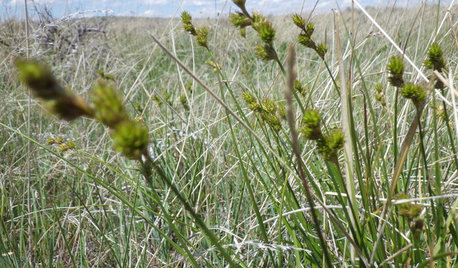
GARDENING GUIDESGreat Design Plant: Carex Brevior
This mounding sedge native to many U.S. states is tough as nails and can replace the traditional lawn in low-traffic areas
Full Story
ARCHITECTUREThe Bay Window Goes Modern
Square tubes, cantilevered cubes, mixed glass ... new plays on bay windows are boldly branching out in modern architecture
Full Story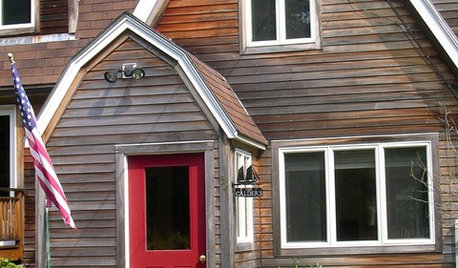
HOUZZ TOURSHouzz Tour: A Penobscot Bay Renovation
Second home provides a spot for family gatherings and new hobbies
Full Story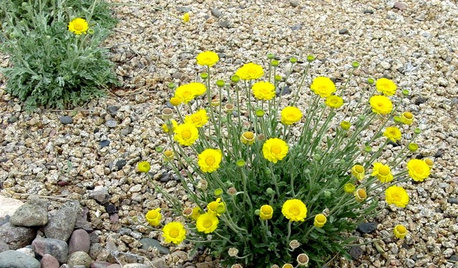
GARDENING GUIDESGreat Design Plant: Desert Marigold Cheers Up Hot, Dry Areas
Sunny but tough, this perennial thrives with little water and lots of sun
Full Story





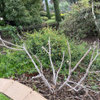

gyr_falcon
calistoga_al ca 15 usda 9
Related Professionals
Holly Springs Landscape Architects & Landscape Designers · Stamford Landscape Contractors · Belmont Landscape Contractors · Brandon Landscape Contractors · Chelmsford Landscape Contractors · Fort Wayne Landscape Contractors · Fort Worth Landscape Contractors · Galveston Landscape Contractors · Lake Saint Louis Landscape Contractors · Longview Landscape Contractors · New Providence Landscape Contractors · Vacaville Landscape Contractors · Waldorf Landscape Contractors · Lisle Swimming Pool Builders · Safety Harbor Window ContractorsCA Kate z9
G BOriginal Author
gyr_falcon